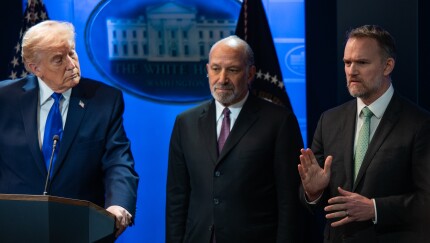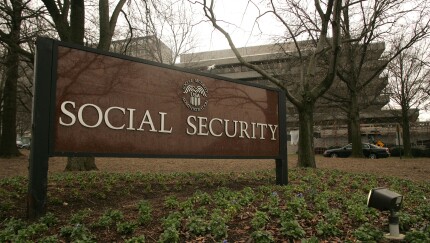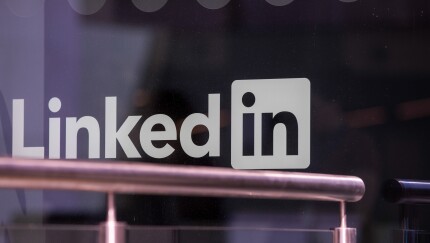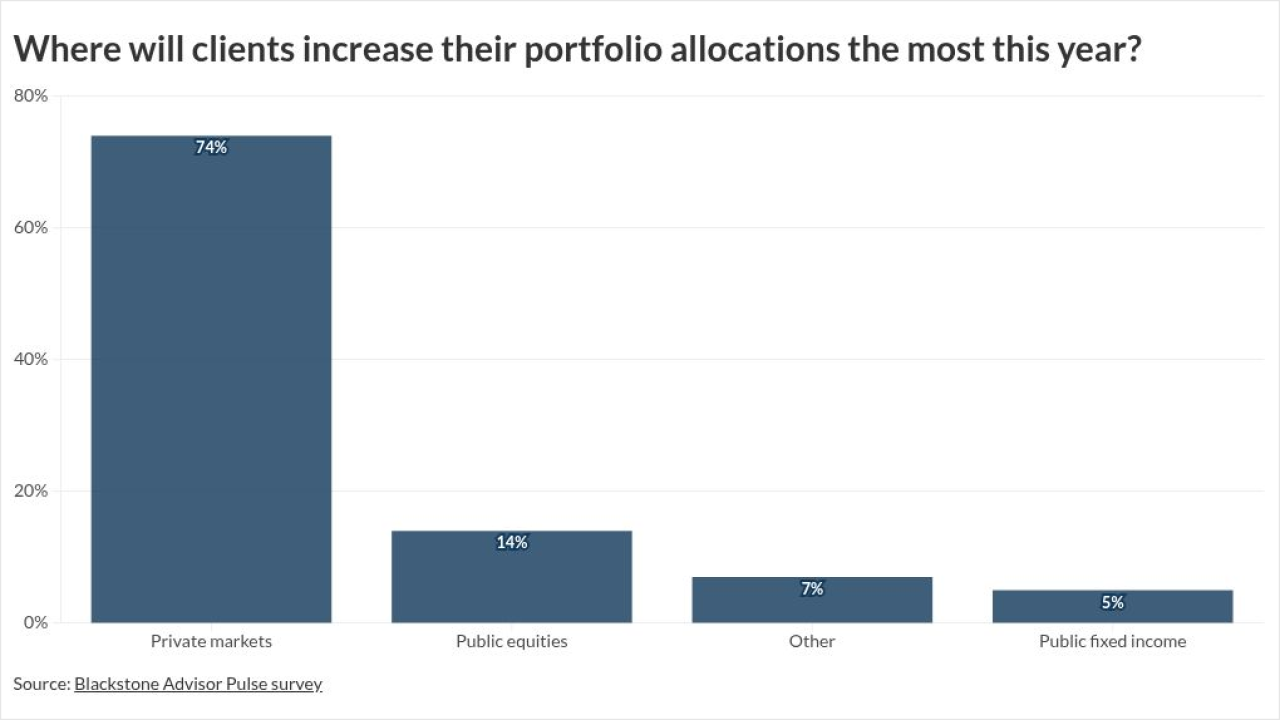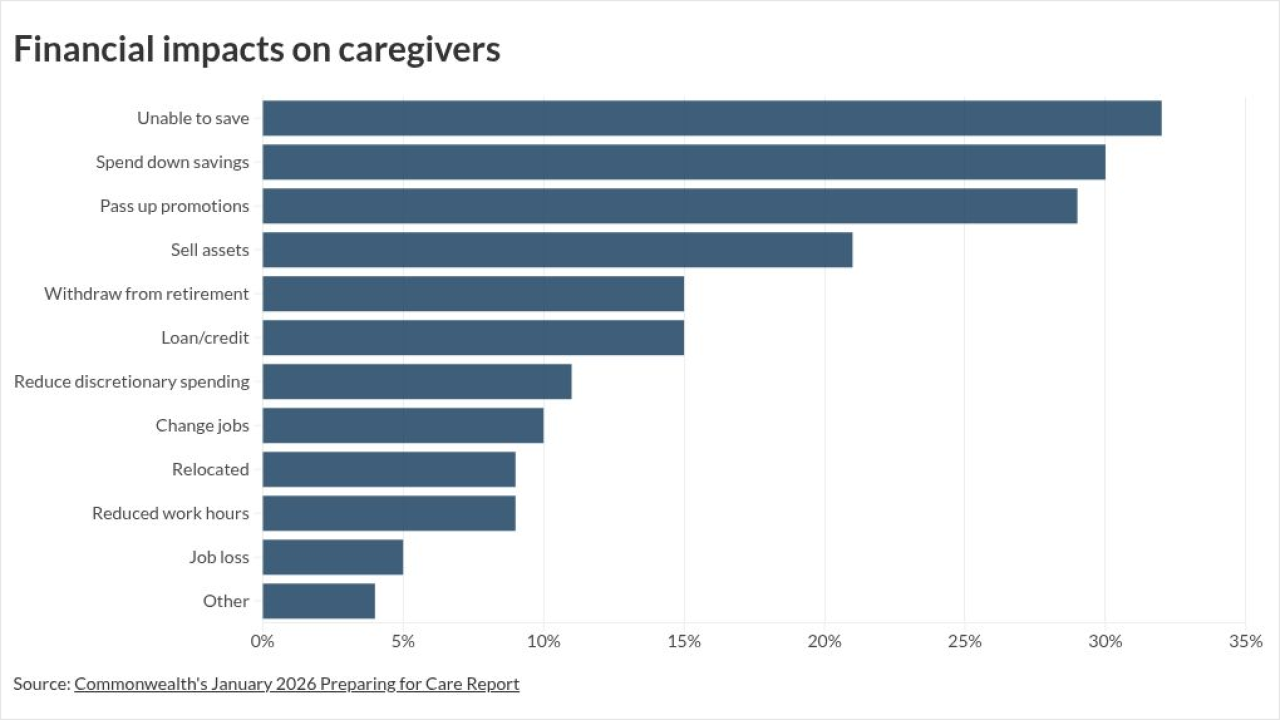Fidelity Investments is under investigation by the Department of Labor with regard to a fee it imposes on some mutual funds,
Dubbed an infrastructure fee, the annual charge is aimed at other companies selling their own funds on Fidelity’s platform. The fee is “designed to ensure that each Fund Firm meets a minimum required payment to Fidelity,” according to an internal Fidelity document reviewed by the Journal.
For its part, Fidelity said it “fully complies with all disclosure requirements in connection with the fees that it charges,” according to an email message from a company spokesman. “The infrastructure fee has been fully disclosed to 401(k) plans and their sponsors via a disclosure that Fidelity sent to over 20,000 401(k) plans, pursuant to Section 408(b)(2) of ERISA,” the email said.
The spokesman also said that this fee is paid by mutual fund companies, not retirement plans.
“We make thousands of non-Fidelity mutual funds available to 401(k) plans for which Fidelity acts as record-keeper, as well as to other Fidelity customers. We receive a fee from some of those mutual fund companies to compensate us for maintaining the infrastructure that is needed to make those funds available,” he said.
The 6-3 Supreme Court ruling against one of President Donald Trump's signature economic policies was consequential, but experts say volatility is unlikely to be over.
A new bipartisan bill would exempt retroactive Social Security payments from federal taxes, easing a surprise financial burden for millions of retirees.
A pair of putative class-action lawsuits this month accuse Edward Jones of allowing information clients enter online to be harvested for use in targeted marketing campaigns.

Moreover, “the infrastructure fee does not vary based on whether any 401(k) plan offers or does not offer a particular fund.”
However, the internal memo says that fund companies that decline to pay the amount will “be subject to a very limited relationship” with the company, according to the Journal article.
The memo also notes that by marking the charge as an infrastructure fee, it may ultimately not be disclosed to investors.
"We make thousands of non-Fidelity mutual funds available to 401(k) plans for which Fidelity acts as record-keeper, as well as to other Fidelity customers. We receive a fee from some of those mutual fund companies." — Fidelity
To be sure, fees for investors have fallen drastically over the years. But that comes with a caveat, according to one industry expert who warns that fees are not always what they seem.
“Reducing expense ratios and eliminating trading commissions have cut the explicit costs that investors pay, but the game of fee whack-a-mole means that lost revenue may well pop up somewhere else” Greg McBride, chief financial analyst at Bankrate.com, told Financial Planning.
Characterizing this as an example of “one hand giveth while the other taketh away,” he said it’s another lesson of the need to pay close attention.
“Investors, their advisors, and fiduciaries such as 401k plan committees, need to keep a keen eye toward the total investment expenses … Seeing a reduction in one area may result in an increase somewhere else. The need for financial firms to generate revenue hasn’t gone away.”
The Labor Department told Financial Planning it cannot confirm or deny the investigation.
